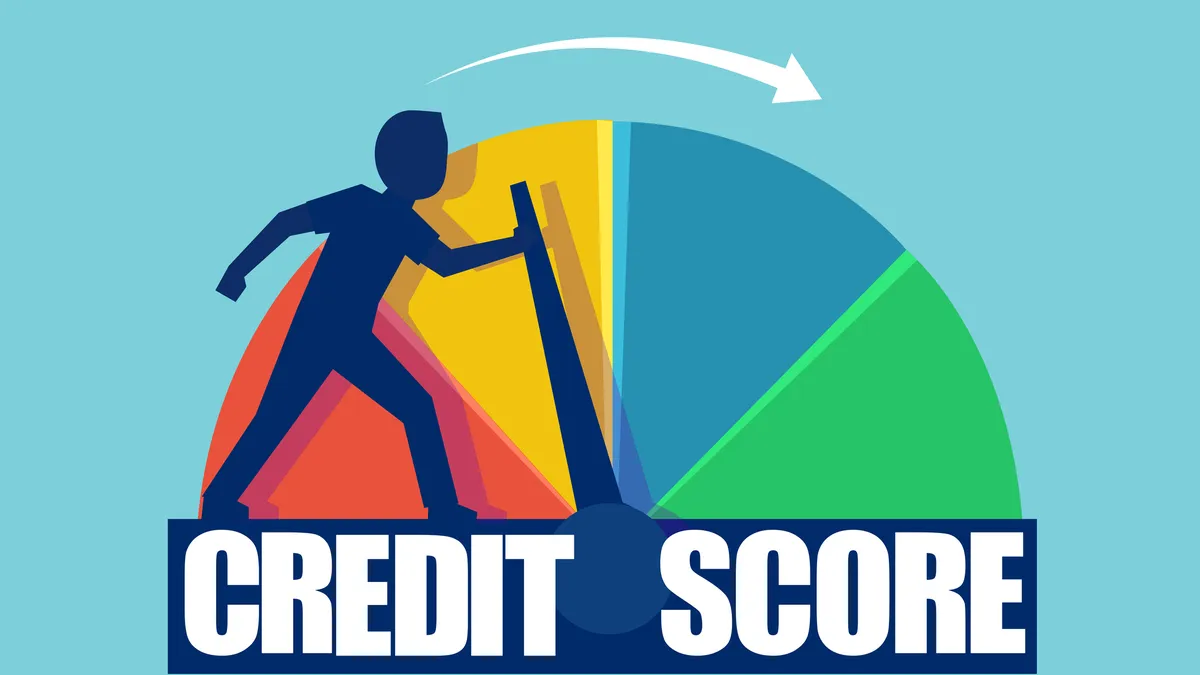Off-page SEO has become increasingly relevant in recent years. In fact, the strategies that distinguish it have proven useful not only for improving visibility on search engines, but have also been identified as optimal for achieving advantages in terms of visibility and authority in one’s reference market. In this guide, we delve into what off-page SEO is, the activities that distinguish it and the best strategies to follow.

What is Off Page SEO?
Off-page SEO involves a series of search engine optimization strategies that are implemented outside of your website.
These strategies aim to improve users’ and search engines’ perceptions of how popular, relevant, authoritative and trustworthy your site is.
In other words, while on-page SEO deals with things like site structure, content, and user experience, off-page SEO deals with your site’s reputation and authority on the web.
Key off-page optimization tasks include:
1. Link Building
2. Social Media Marketing
4. Online Public Relations
These activities can be implemented through different strategies that involve creating content and building a solid reputation for your business, brand or brand.
Why is Off-Page SEO important?
Off-page SEO is a component of your search engine optimization strategy. Without the careful planning of the various SEO activities outside the site, it will not be possible to fully nourish your digital image and increase visibility towards potential target users.
In fact, off-page SEO is able to first of all improve organic positioning on search engines. Google, like other search engines, is characterized by a complex algorithm that serves to determine the position of page results in SERP for certain keywords.
Among the various factors taken into consideration by the search engine there are also the quality and number of backlinks that a site receives. This is why a solid backlink profile can improve the visibility of the site and improve organic positioning for interesting keywords for your business.
This activity helps build the authority of your website. Backlinks from high-quality websites are seen by search engines as a sign of trust. The more the site is linked to by authoritative sources, the more it is perceived as such by users.
Off-page SEO techniques such as those that include the use of social media marketing and guest blogging help increase site traffic. This not only helps improve your online visibility, but can also lead to increased conversions.
Off-page optimization activities like review management and online public relations can improve your online reputation. Helping you build trust with your audience and establish your company as an industry leader.
The best off-page SEO strategies
As mentioned, there are various off-page SEO strategies that can be used to increase authority in the sector and be able to attract qualified traffic to your website or e-commerce. Let’s see together some of the most suitable ones.
Link Building
Link building is an off-page SEO strategy that involves acquiring backlinks, which are links that point to your website from other websites.
This strategy is crucial for improving your website’s visibility in search engine results, as search engines see backlinks as a sort of “vote of confidence” for your site.
The more quality backlinks you receive, the more authoritative and relevant search engines will deem your site, improving its ranking in search results.
The link building process begins with identifying websites, blogs, or other online platforms that may be willing to link to your site. These could include news websites , industry blogs, forums, social media, and so on.
Once you have identified potential sites, the next step is to contact the owners or editors of these sites to ask them to link to your site.
This can be done in a variety of ways, such as offering to write a guest post for their blog, sharing high-quality content with them that they might want to link to, or asking them to review your product or service.
Not all backlinks are created equal. Some can actually hurt your SEO if they come from low-quality or irrelevant websites.
Links from authoritative websites have more SEO value. You can use tools like Moz’s Domain Authority or Google’s PageRank to evaluate a site’s authority.
Ideally, backlinks should come from sites that are relevant to your industry or topic.
Additionally, you will have to choose between follow, nofollow and mentions links. Creating the right balance between these is essential to be able to achieve the right results in the long term for your visibility and authority.
Social Media Marketing as an off-page SEO strategy
Social Media Marketing is an important component of off-page SEO . Although search engines say they don’t directly consider “social signals” (such as likes, shares, comments) as ranking factors, social media marketing can impact SEO in a variety of ways.
Social media can be a powerful tool for generating traffic. Every time you share a link to content from your site on social media, you give users the opportunity to visit your site. The more quality traffic you generate to your site, the better it will rank in search results.
By sharing content on social media, you increase the visibility of your brand and website. This can lead to shares, comments and other forms of engagement that can help spread your content further, potentially creating opportunities for other sites to link to your content.
Having a strong social media following can help build your brand’s authority. When people see that the brand has a large following and a high level of engagement, they perceive it as more authoritative.
Digital PR or Digital Public Relations
Finally, we find Digital PR which is a fundamental component of the off-page SEO strategy.
Essentially, Digital PR is about interacting with bloggers, journalists and influencers to gain media coverage on digital channels such as blogs, online magazines and social media.
This strategy can be incredibly effective at building high-quality backlinks, thus improving your SEO strategy.
For an effective Digital PR campaign it is necessary to create quality content. These can be blog articles, infographics, industry studies, videos and other types of content that may be of interest to your target audience and journalists or bloggers in your industry.
Once you have created your content, you need to reach out to journalists, bloggers or influencers in your industry who may be interested in sharing or linking to your content.
This can be done through email, social media or outreach and Digital PR platforms which gives you the opportunity to both do link building and carefully follow an accurate link building strategy.
After you send your pitch, it’s important to monitor responses and follow up if necessary. If anyone chooses to cover your content, be sure to thank them and share the coverage on your social channels.
Digital PR isn’t just about getting a single link or media coverage. It’s about building long-term relationships with journalists, bloggers and influencers that can lead to additional coverage opportunities in the future.
Finally, you may want to consider using digital press releases as they can be a great way to gain media coverage and backlinks. You can use press releases to announce important news about your company, such as a new product launch, a merger or acquisition, or a major milestone.






